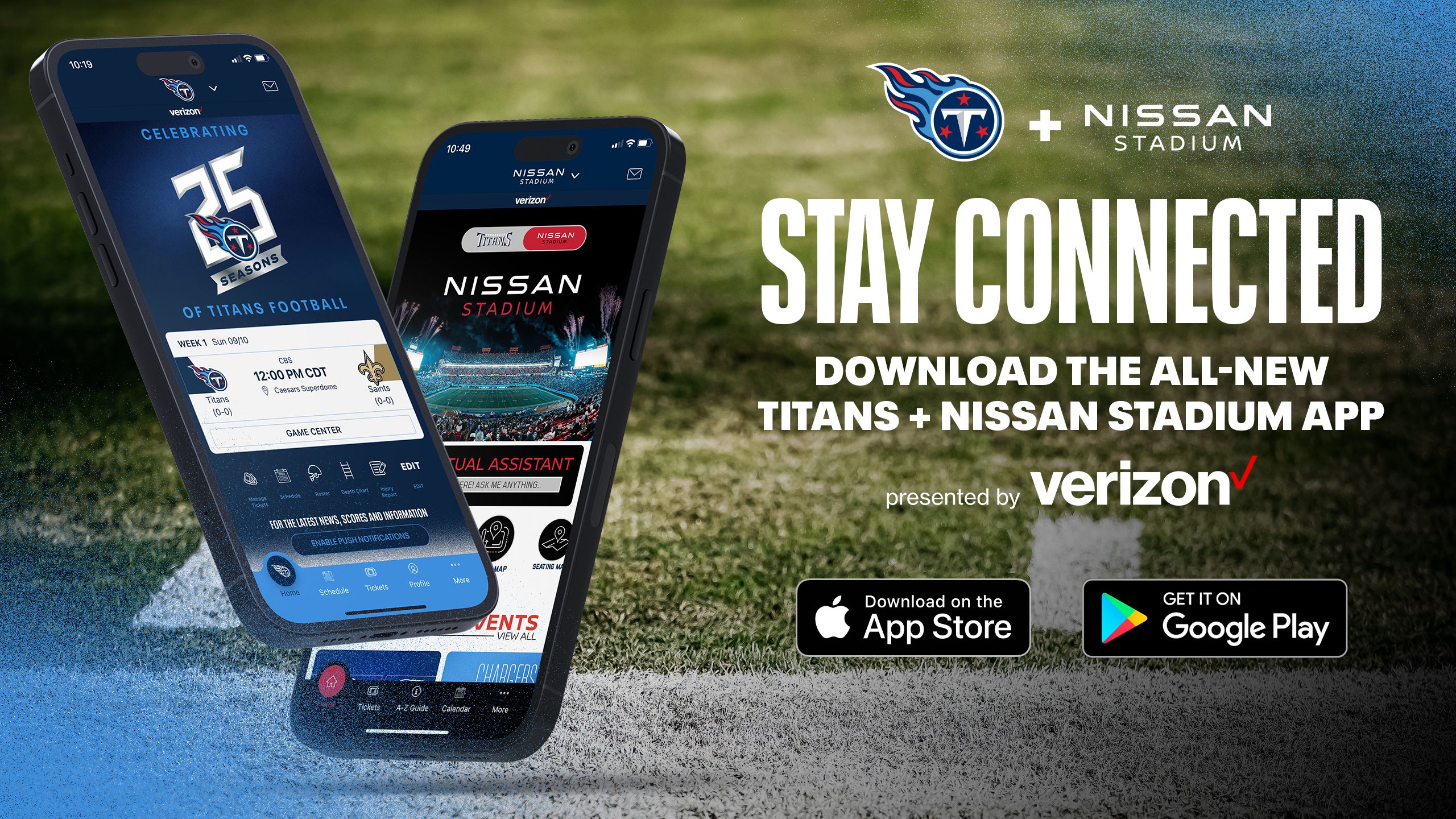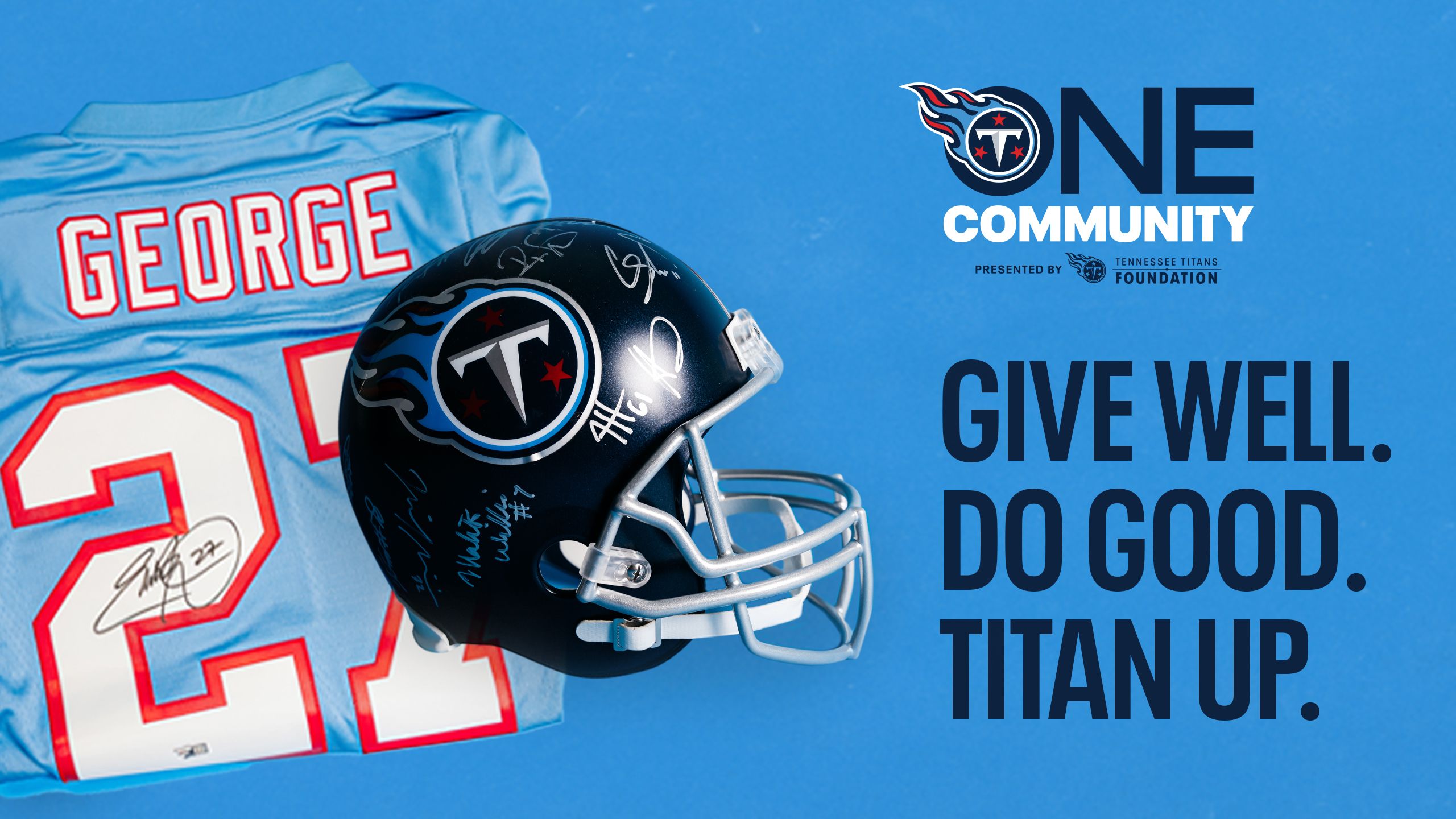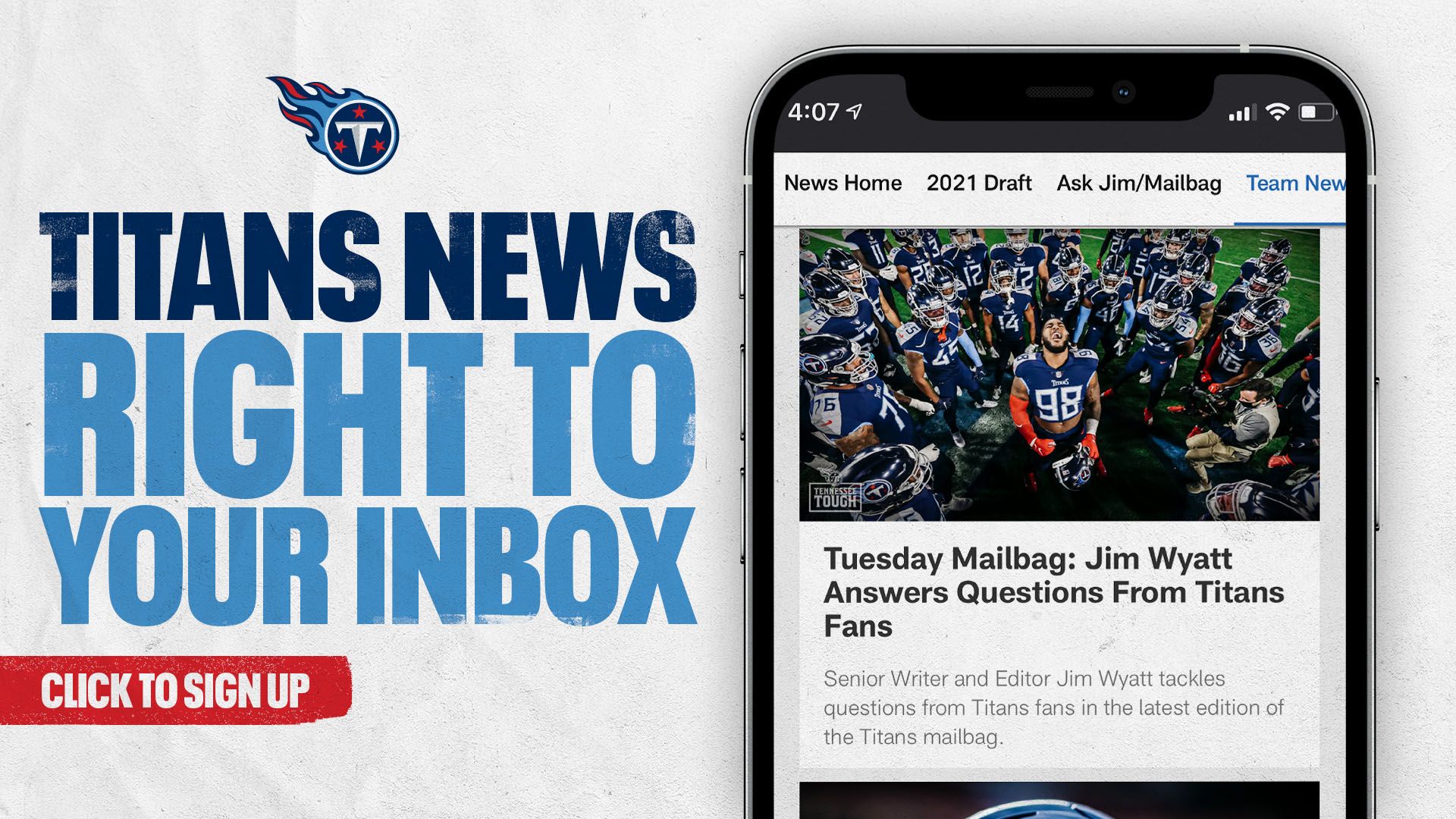MINNEAPOLIS --The NFL and its locked-out players started talking again, and they talked all day.
The only sign of progress or productivity, though, was the nine hours or so both sides spent in the federal courthouse on Thursday. Sworn to secrecy about specifics of the court-ordered mediation, neither the league nor the players provided much insight about where they're at in their dispute over the division of this $9 billion business.
They'll meet again on Friday.
Commissioner Roger Goodell, Carolina Panthers owner Jerry Richardson, Kansas City Chiefs owner Clark Hunt, Pittsburgh Steelers owner Art Rooney and New England Patriots owner Robert Kraft were among those on hand for the closed-door session with U.S. Magistrate Judge Arthur Boylan.
NFLPA executive director DeMaurice Smith was joined by attorneys, linebackers Ben Leber and Mike Vrabel, as well as Hall of Fame defensive end Carl Eller.
"We had a full day. It was constructive to get together,'' said Jeff Pash, the NFL's lead negotiator. "The chief magistrate judge is working very hard, and I give him a lot of credit for really trying to move the parties toward a solution.''
Neither he nor Goodell would elaborate on the day's events.
"We pledged confidentiality,'' the commissioner said.
Smith was mum, too.
"We'll be back tomorrow,'' he said as he walked away.
So how long might this go?
"The court has indicated it wants to continue with everyone talking as long as it makes sense,'' said Michael Hausfeld, one of the attorneys for the players.
It was the first time the two sides have sat down to talk since March 11, when the collective bargaining agreement expired, the union was dissolved to clear the way for a court fight and the NFL wound up with its first work stoppage since the monthlong strike in 1987. With the lockout at 33 days and counting and the 2011 season in peril, Boylan is overseeing this round of mediation. Sixteen days of mediated sessions in Washington failed to secure a new labor pact.
Goodell stepped away from the session to join a teleconference with 5,300 Cleveland Browns season-ticket holders for 20 minutes. He would not characterize the negotiations, which are supposed to remain confidential, but did reiterate the importance of the sides getting together.
"I can tell you that it's a positive step when the parties are talking,'' he said. "We saw the March 11 proposal as responsive to issues raised by the players and there are many attractive elements in it. ... Our entire focus is on getting a deal done.''
Goodell said the league hopes to release its schedule for next season within the next 10 days and plans to play "a full season.'' Goodell also said there are no plans to use replacement players as the league did in 1987 and that the Super Bowl in Indianapolis could be pushed back one week or the two-week gap after the conference championships could be shortened to one if necessary.
But Goodell's main message to fans was to assure them they would see the Browns play next season.
"We're going to make sure we have football, and more of it,'' he said.
Goodell held a similar session Wednesday with Dolphins season-ticket holders. During that call, he stressed the league's goal of keeping player costs under control and, in response to a question about financial transparency, said the NFL's disclosure has been "extraordinary.'' He insisted the players know "the revenue down to the penny,'' a reference to the union's push for the league to open the books.
"We want them to be informed,'' Goodell said. "We want to make sure they understand why we have the issues that we need to address.''
The mediation is the first positive step in the dispute in more than a month, but the league and players still must agree on how to divide more than $9 billion in annual revenue.
U.S. District Judge Susan Richard Nelson, who ordered the mediation, is still considering a request from the players to lift the lockout imposed by the owners. After an April 6 hearing, she said she planned to rule on the injunction request in a couple of weeks.
Players including MVP quarterbacks Tom Brady and Peyton Manning filed the request along with a class-action antitrust suit against the league. The lawsuit has been combined with two other similar claims from retirees, former players and rookies-to-be.
For now, at least the two sides are talking again - even though it's under a court order.
AP Sports Writer Tom Withers in Cleveland contributed to this report.

















